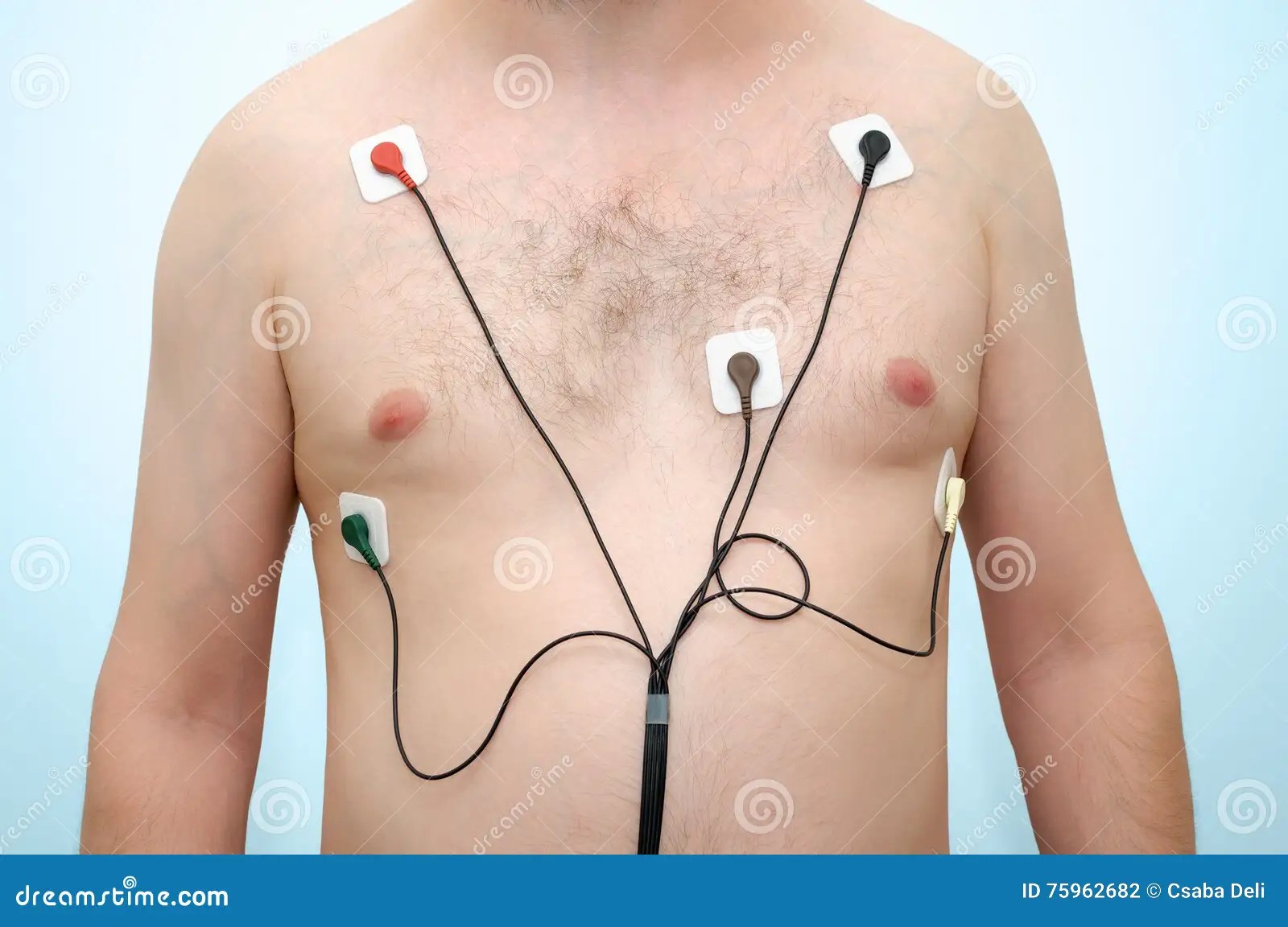Wearing a Holter monitor is a valuable way to gain insights into your heart’s rhythm. This small device, worn for 24-48 hours, provides your doctor with a continuous recording of your heart’s electrical activity. To ensure the most accurate readings, it’s essential to understand certain restrictions during the monitoring period. This guide will provide a clear overview of what to avoid and how to manage daily activities while wearing your Holter monitor.
Navigating Daily Life with Your Holter
While wearing a Holter monitor might require some adjustments to your routine, it shouldn’t disrupt your everyday life. Understanding the reasons behind these restrictions can help you cooperate fully and ensure accurate, reliable test results.
Water and Your Holter Monitor
Restriction: Avoid showering, bathing, swimming, and excessive sweating. Sponge baths are permissible.
Rationale: Water can damage the Holter monitor and electrodes. Moisture can interfere with the adhesive that keeps the electrodes in place and can also short-circuit the device, leading to inaccurate readings or malfunction.
Magnetic and Electrical Fields
Restriction: Stay away from strong magnets (like those in MRI machines, industrial equipment), metal detectors, and high-voltage electrical appliances (such as arc welders and some electric blankets). Maintain a safe distance from electronics.
Rationale: Strong magnetic and electrical fields can disrupt the Holter monitor’s ability to accurately record your heart’s electrical signals. This interference can mimic heart rhythm abnormalities or mask real issues, making diagnosis difficult. Some smaller electronic devices and appliances (microwave ovens, computers, electric toothbrushes) are generally unlikely to interfere, but it’s still a good idea to maintain a few inches of distance.
Electronic Devices: Maintaining a Safe Distance
Restriction: Keep cell phones and other electronic devices at least six inches away from the monitor.
Rationale: While unlikely to cause significant interference, close proximity could potentially introduce minor disruptions to the Holter monitor’s recordings, particularly older models. This precaution is simply to minimize any chance of affecting the data. You can still use your electronics; just hold them a bit further away than usual.
Medications: Stay the Course
Instruction: Continue taking your regular medications as prescribed.
Rationale: It’s important for your doctor to see how your heart behaves under normal conditions, including the influence of your medications. Inform your doctor about all medications you are currently taking.
Important: Document any medication changes, new additions, or dosage adjustments in your Holter diary. This information is crucial for accurate interpretation of your results.
Dietary Considerations
Recommendation: Limit your intake of caffeine, alcohol, and nicotine.
Rationale: These substances can affect your heart rate and rhythm. While a small amount is unlikely to significantly impact the results, excessive consumption can create fluctuations that interfere with accurate interpretation of the Holter monitor data. Hydration is important, so drink plenty of water.
Physical Activity
Recommendation: Continue your normal daily activities, but avoid strenuous exercise or anything that causes excessive sweating.
Rationale: Intense physical activity naturally increases your heart rate and can make it difficult to differentiate between a normal response to exercise and a potential underlying heart problem. Discuss appropriate activity levels with your physician.
Your Holter Monitor Diary: A Critical Companion
Instruction: Keep a detailed diary throughout the monitoring period.
Details to Record:
- Symptoms: Note any symptoms you experience, such as chest pain, palpitations, shortness of breath, dizziness, or lightheadedness.
- Activities: Record your activities, including when you’re exercising, resting, eating, sleeping, or engaging in any potentially strenuous activity.
- Medications: Log the times you take your medications and any changes to your usual regimen.
- Emotional State: If you experience strong emotions like stress or anxiety, note these down as well.
Rationale: This diary provides valuable context to the recorded data, helping your doctor correlate your symptoms and activities with the Holter monitor readings. It helps paint a more complete picture of your heart’s behavior.
Living with a Holter: Do’s and Don’ts
| Activity | Do | Don’t |
|---|---|---|
| Daily Routine | Continue with normal, non-strenuous activities | Engage in strenuous exercise, heavy lifting |
| Medications | Take as prescribed, note changes in diary | Alter dosages without consulting your doctor |
| Food and Drink | Eat regular meals, limit stimulants | Overdo caffeine, alcohol, or nicotine |
| Electronics | Use at a safe distance (6 inches or more) | Place directly on or near the monitor |
| Personal Care | Gentle sponge baths | Shower, bathe, or swim |
| Environment | Avoid strong magnetic fields | Stand close to MRI machines, metal detectors |
| Holter Monitor and Electrodes | Leave in place and undisturbed | Touch, adjust, or remove the device/electrodes |
The Importance of Following Guidelines
Current medical research recognizes the critical role of Holter monitoring in diagnosing heart conditions. Ongoing studies are exploring even more sensitive methods for analyzing heart rhythms and interpreting Holter monitor data. While these guidelines might seem inconvenient, adhering to them ensures the accuracy and reliability of the test results. Your cooperation directly contributes to the quality of the data collected and empowers your doctor to make the most informed decisions about your care. The more reliable the data, the better the chances of accurate diagnosis and effective management of any potential heart conditions. For additional information about maintaining the safety and compliance of your equipment, explore the essentials of propane tank recertification. Always consult with your healthcare provider if you experience any unusual symptoms or have any questions about your Holter monitor.
- Crypto Quotes’ Red Flags: Avoid Costly Mistakes - June 30, 2025
- Unlock Inspirational Crypto Quotes: Future Predictions - June 30, 2025
- Famous Bitcoin Quotes: A Deep Dive into Crypto’s History - June 30, 2025
















